Manfred Weber, the leader of the European People's Party, came up with the idea that Brussels should introduce an EU-wide mandatory conscription. This proposal will be discussed in the newly set up EP, unless it is possible to oust pro-war MEPs with an interest in the escalation of the Russian-Ukrainian war.
As the new EP set up after the European Parliament elections is to discuss this proposal as one of the first issues, the results of the upcoming EP elections are crucial, the international V4NA news agency wrote.

Heading for a "United States of Europe"?
The European Union needs its own army, argued Vincent-Immanuel Herr and Martin Speer in the Washington Post in May 2022. According to the founders of the German-American think tank Herr & Speer, the war in Ukraine has also highlighted that it's folly for Europe to rely too much on the United States for defense.
Interestingly, in the context of EU-wide military service, the authors emphasize the importance of developing a European identity, writing:
"The EU prides itself on its diversity of languages, cultures and histories. This heterogeneity does come at a price [...] few consider themselves Europeans primarily. [...] An EU military could foster the formation of a European consciousness, a necessary condition for a more confident European stance in geopolitics."
This would especially be true if there were a period of mandatory service - perhaps six to nine months - for citizens aged 17 to 26,
they add.
Women and men, after their schooling is complete, could choose to perform their service as civilians or as solders in the EU armed forces, according to their proposal.
Either way, deployment beyond one's native country should be encouraged, they argued.
"This can be a great opportunity," Martin Speer of Bavaria posted enthusiastically on social media.
In their piece, Herr& Speer also proposed that the EU military should be overseen by an EU foreign and security council (composed of members of the Council of the European Union and the European Parliament and headed by a new commissioner for defense).
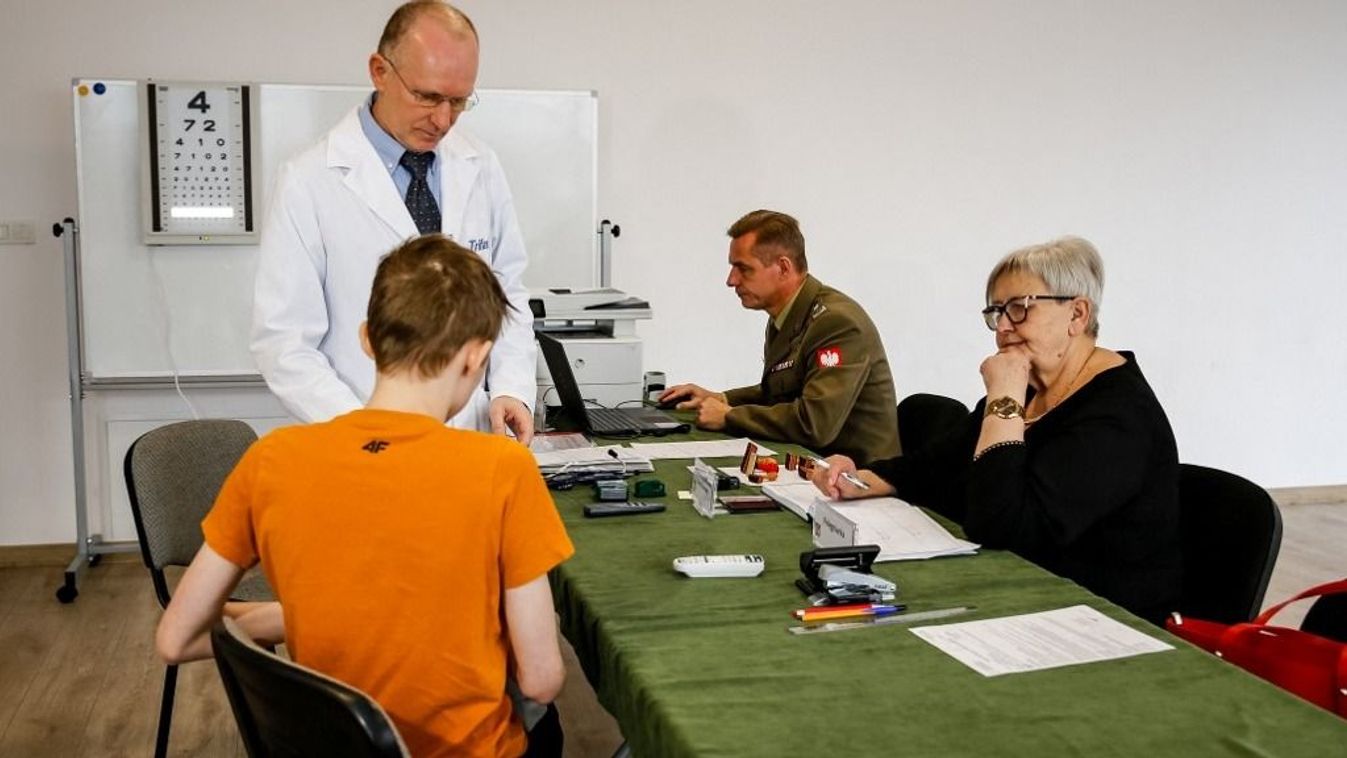
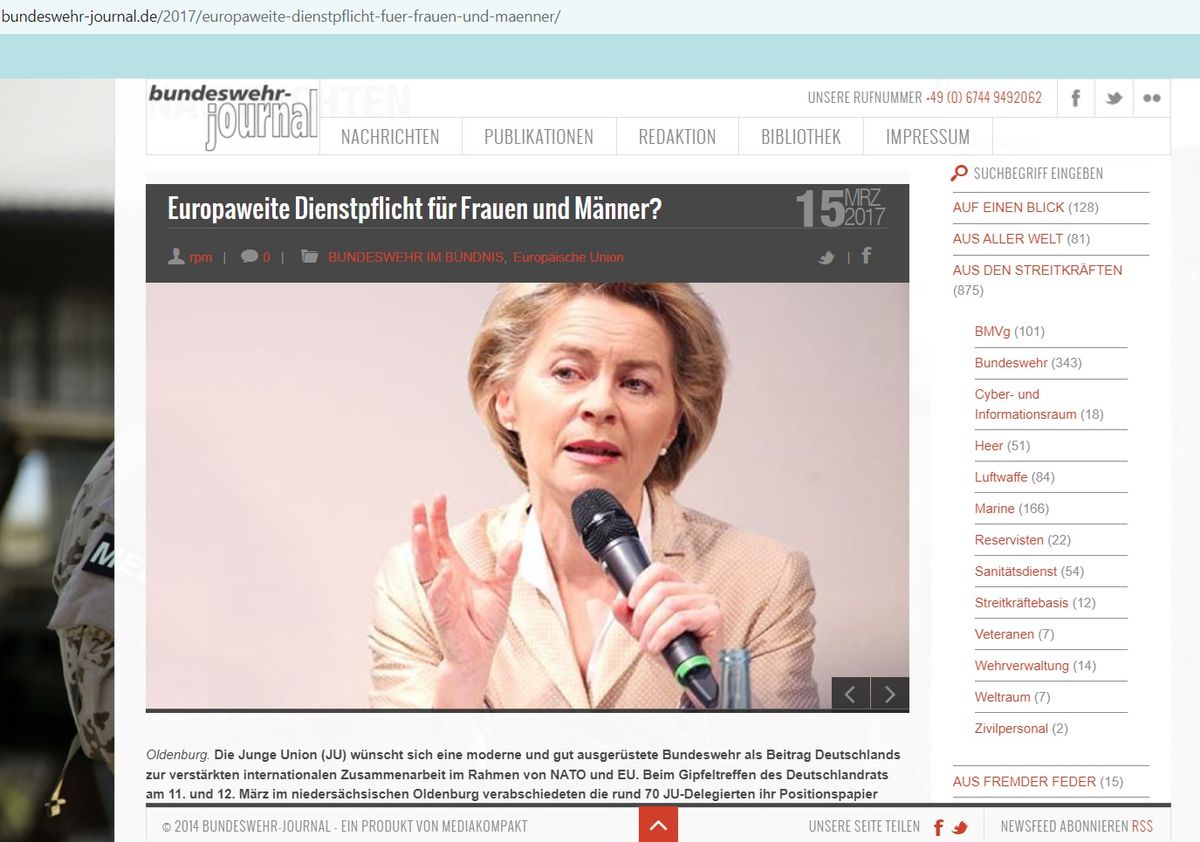


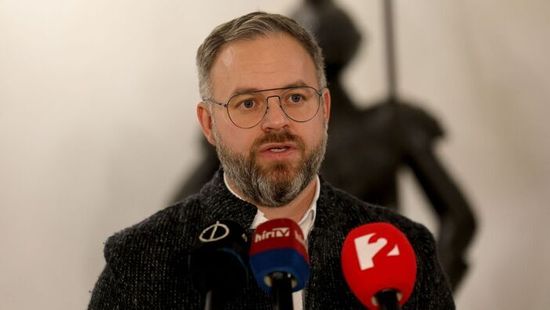
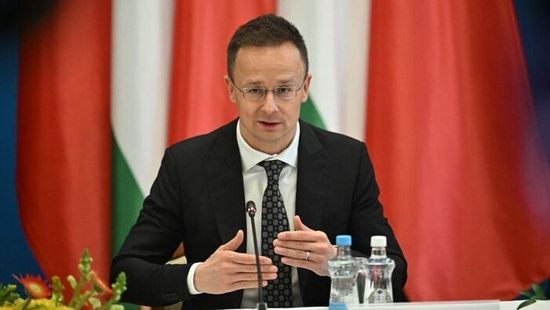

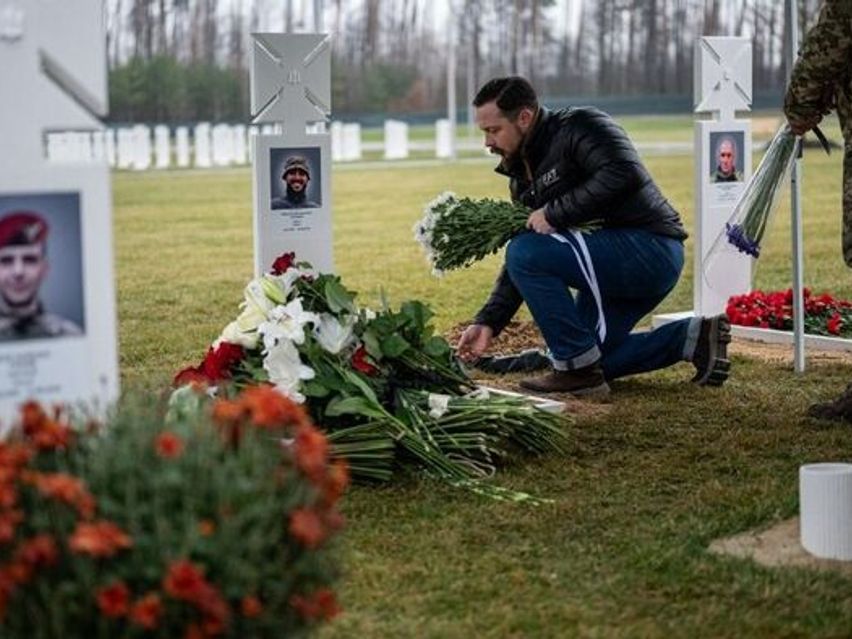

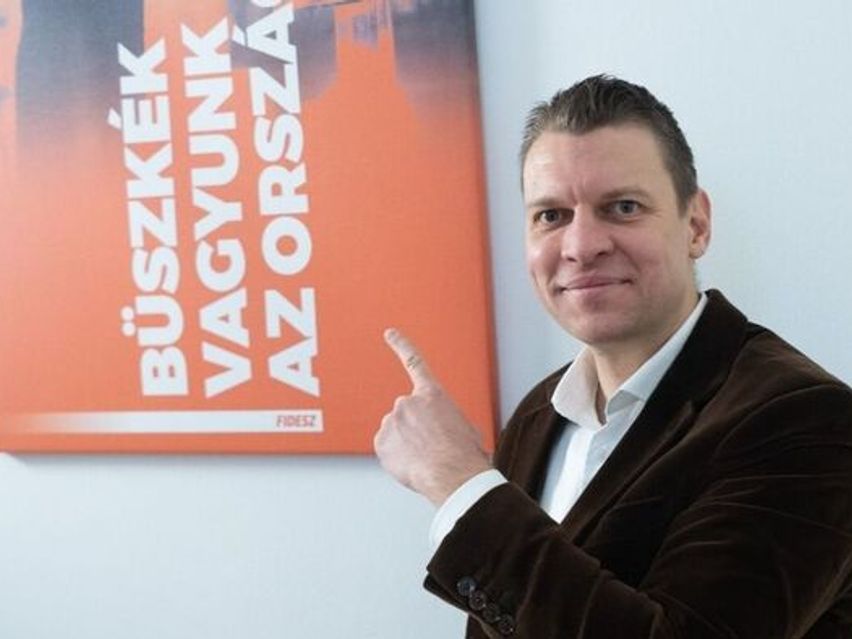












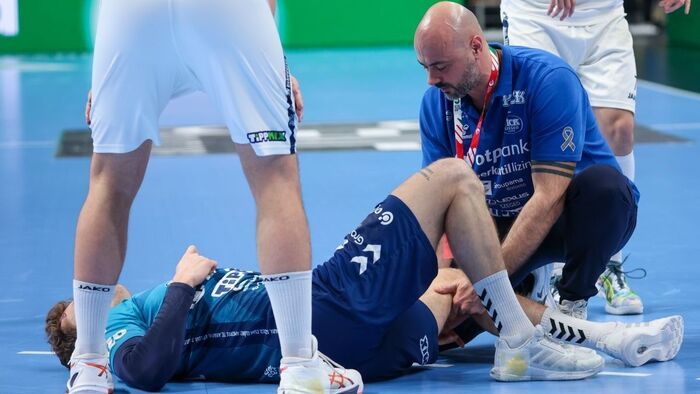

Szóljon hozzá!
Jelenleg csak a hozzászólások egy kis részét látja. Hozzászóláshoz és a további kommentek megtekintéséhez lépjen be, vagy regisztráljon!